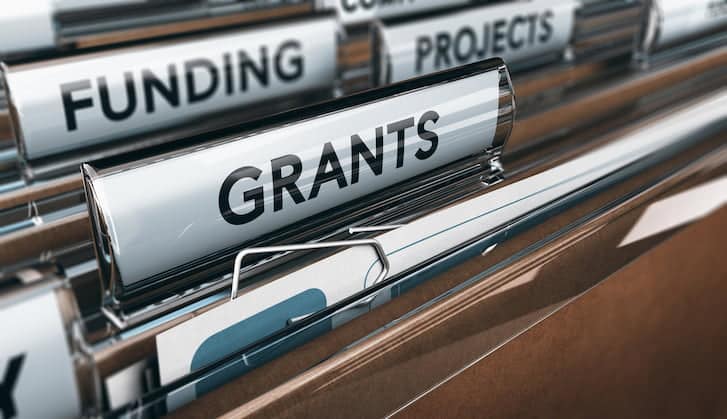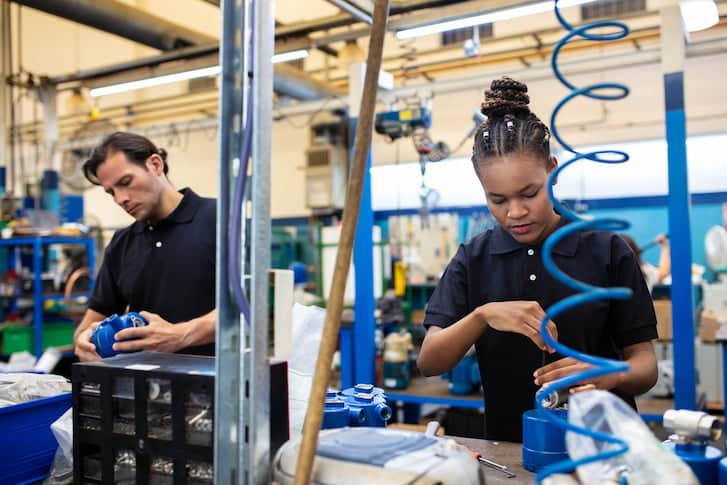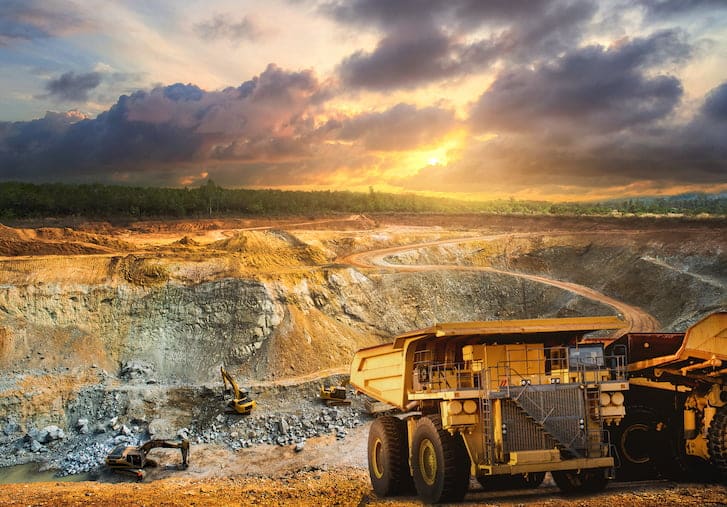Perdaman Chemicals and Fertilisers’ ambitious plan to build one of the world’s largest urea manufacturing plant took a step forward this week with the release of the draft environmental scoping document for public comment.
The Environmental Protection Authority is calling for comments on the $4.5 billion proposal until June 19, with final approvals expected to be granted early next year.
The project, to be built on two sites of 34ha and 38ha, 8km from Dampier and 20km north of Karratha on the Burrup Peninsula, would produce two million tonnes of granulated urea per annum.
A closed conveyer would transport the urea 7km direct to Pilbara Ports Authority for shipping to local and offshore markets, with 50 to 100 shiploads expected per year.
Chairman Vikas Rambal, who will be a keynote at the WA Works conference on June 28, confirmed the project was on track for construction to start mid next year and run for about 30 months.
This would be followed by six to nine months of commissioning before full production starts by early 2024.
A heads of agreement for engineering, procurement and construction work was signed with SNC-Lavalin in November, while suppliers were invited to register their interest in more work packages listed on the CCIWA-run ICN Gateway in May.
Rambal says while the technology and expertise must come from overseas – including Denmark’s Haldor Torsoe’s technology for the ammonia plant and Netherland’s Stamicarbon for the urea plant, it will aim for a majority of local content.
“The project will do its best for 60 per cent of local content for overall project cost basis,” he said.
“It is like buying Rolls Royce engines, some key components will come from overseas such as gas turbines. We don’t produce huge pumps here so you have to go to Europe, Italy, Spain, so yes key components will come from overseas.
“From a technical point of view the technology we are bringing to Karratha will be world scale, one of the icons of WA, if I may say that.
“The technology that we are buying is dust free and you pay more for that. It is high grade, there is no question about it, and that’s what we produce in Australia, quality products.”
About 2000 jobs will be created during the construction phase with 200 permanent employees and 500 indirect jobs required to operate the plant once complete.
Major components of construction will include:
- gas supply pipeline
- ammonia plant
- urea production plan (footprint 73.5ha)
- infrastructure and logistics buildings
- utility block (air separation, power generation, water treatment, cooling water, flare, firefighting facilities
- laydown and associated construction, (clearing/fill of about 50ha)
- conveyor to port
- production storage areas: including a refrigerated tank or 10,000 tonnes of ammonia, two sheds for 75,0000 tonnes of urea storage (plant site and port)
- urea shiploading system
It’s expected the plant will operate until 2049 when it’s scheduled for decommissioning.
This article first appeared in WA Works fortnightly newsletter. Subscribe to WA Works to read the full interview in the Winter edition.
► Hear from Vikas Rambal at the WA Works conference on June 28, along with other captains of industry including Rio Tinto’s John McMeekan, Woodside’s Niall Myles and Acciona Australia’s Chris Pratt. Book tickets here.






